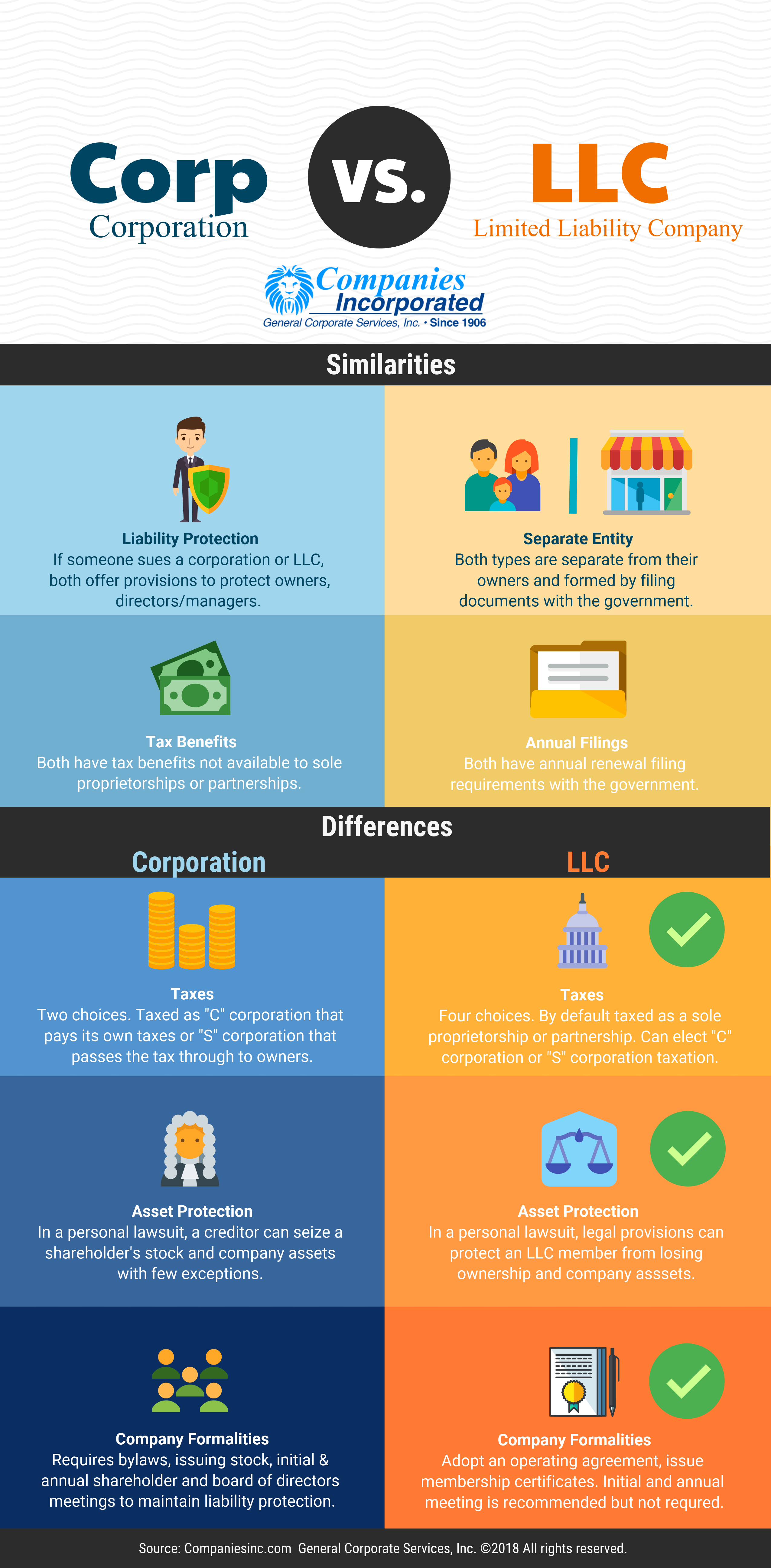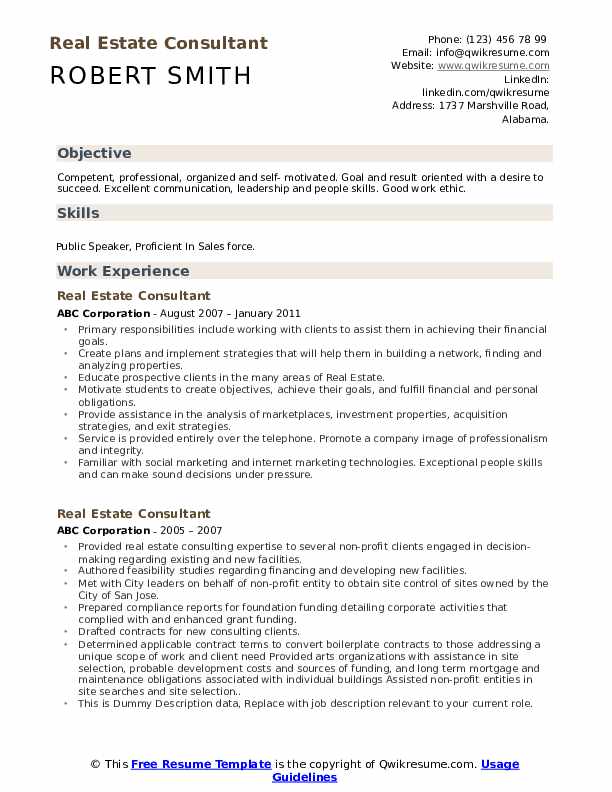
There are many types of legal management consulting jobs. There are large law firms that specialize only in strategy and operations. There are also small regional players with medium-sized to large sizes and family owned businesses. These companies can have wide-ranging geographic presences, decentralized networks, vertical or lateral presences, or a singular focus. They hire various types of professionals, including lawyers, entry-level professionals, and law students.
Lawyers get higher salaries that legal consultants
Over the last few decades, lawyers have made higher salaries than legal professionals. Bimodal compensation has existed. One group of law graduates earns $45,000 to $65,000 per year, while another cluster earns $125,000 and more. The gap was further widened by 2007's increase in compensation. Big Law lawyers made six figures and everyone else got smaller paychecks.
This is because compensation structures at large law firms have been influenced by demand and supply. The hourly average rate for partners at large law firms has increased approximately 20% in the last decade. However, the average hourly wage has grown by less then 1% per annum. The result is that lawyers' salaries have outpaced economic growth.
Lawyers have similar education levels
When hiring a legal consultant, the educational level of both the candidate and the employer should be considered. While lawyers tend to be more educated then legal consultants in general, both occupations require similar levels of education. The average JD/Master's Degrees earned by lawyers and legal consultants are nearly identical.

A typical legal operations consultant works closely with in-house legal departments to create their technological infrastructure. This includes setting up a software program to process outside counsel bills. They also gather and analyze data about billing and collections.
Lawyers conduct research on legal issues
Lawyers conduct legal research for a variety of reasons. For example, they may be preparing a brief for a client, or they may be trying to reduce the client's risk. In both cases, they want to maximize the amount of billable hours. This helps lawyers to meet their needs and improve their legal workflows. Legal research also allows them to gain new clients.
Legal research can be challenging, but understanding how it is done can make the process go faster. Solid research skills are crucial to putting together a compelling argument. Lawyers should be educated about legal research and all the steps involved.
Lawyers manage the case cycle
Lawyers are competing with many other firms in a competitive market. They need to ensure they manage the life cycles of their clients. This involves understanding and adding value at each stage of a client’s lifecycle. This may seem daunting, but it is essential for lawyers to deliver a high-quality client experience.
A wide variety of data is required to track the lifecycle of a legal case. This data includes everything, from client bills to invoices to the type and amount of work performed. A legal matter management program helps legal firms keep track these details and many more. A legal matter management system also provides financial reporting. This allows attorneys know how their business performs.

Lawyers are responsible for project management
This is a rising trend in the legal profession. Lawyers now have to manage projects. It has many benefits for the firm and its clients, including increased efficiency and cost control. It also helps law firms handle traditional issues like overtime, long working hours, and fatigue from a heavy workload. It can also improve client relations.
There are many legal project management programs that lawyers can use to manage their workflows. These software can be used to keep track the project's key components and deadlines. They also allow you to keep track of team members' workloads and availability. This is crucial for law firms.
FAQ
What industries employ consultants?
There are many different types of consultants. Many consultants specialize in a particular type of business. Others may be more focused on multiple types.
Some consultants are limited to working for private corporations, while others can represent large corporations.
Some consultants also work internationally and can help companies around the globe.
What skills are necessary for consulting?
An effective consultant must have strong interpersonal skills as well as analytical skills. This is because you could be asked questions or not know what you are doing. You must learn how to manage people and solve problems quickly.
You also need to have excellent communication skills. Most clients expect an answer within 24hrs. If they don’t hear back, they assume that you aren’t interested. It is crucial that you keep them up to date and make sure they know what's happening.
What can I anticipate from my consultant
You should hear back from your chosen consultant within a few days. They will usually ask for information about your company, including its mission, goals, products, services, budget, etc. After receiving this information, they will prepare a proposal outlining their scope of work, estimated timeline, fees, deliverables and milestones.
If everything looks good, then the two parties will negotiate a written contract. The type and content of the contract will vary depending on whether the relationship is employer-employee/employer-independent contractor.
If all goes according to plan, the consultant will begin working immediately. The consultant will have full access to your files and resources. You'll also have access to their skills and knowledge.
Don't assume that someone who is a consultant knows everything. It takes practice, effort and practice in order to be an expert in any area you consult. Your consultant should not assume that they know everything about you business.
Statistics
- 67% of consultants start their consulting businesses after quitting their jobs, while 33% start while they're still at their jobs. (consultingsuccess.com)
- So, if you help your clients increase their sales by 33%, then use a word like “revolution” instead of “increase.” (consultingsuccess.com)
- WHY choose me: Why your ideal client should choose you (ex: 10 years of experience and 6-week program has helped over 20 clients boost their sales by an average of 33% in 6 months). (consultingsuccess.com)
- "From there, I told them my rates were going up 25%, this is the new hourly rate, and every single one of them said 'done, fine.' (nerdwallet.com)
- My 10 years of experience and 6-step program have helped over 20 clients boost their sales by an average of 33% in 6 months. (consultingsuccess.com)
External Links
How To
What should I do to get started with a consulting business?
A consulting business is a great way of making money online. No prior business experience is required. A good place to start your own consulting company is to build a website. You can use social media platforms like Facebook, Twitter, LinkedIn and Instagram to promote your services.
You can use these tools to put together a plan for marketing that includes:
-
Creating content (blogs)
-
Contacts are essential for building relationships
-
Generating Leads (lead generation forms).
-
Selling products through ecommerce websites
Once your marketing strategy is developed, you need to find clients willing and able to pay for your services. Some people prefer to go through networking groups and events, while others prefer to use online methods such as Craigslist, Kijiji, etc. Your choice is yours.
Once you have found clients, you should discuss terms and payment options. You can discuss hourly rates, retainer agreements, flat fees, and other options. Before you accept a client, you need to know what you expect so that you can communicate clearly all through the process.
Hourly agreements are the most commonly used contract type for consultancy service. In this case, you agree to provide certain services at a fixed rate each month or week. Based on the service you provide, you might be able to negotiate a discount based on the length of your contract. When you sign a contract, make sure you fully understand it.
Next, create invoices for your clients and send them. Invoicing is one thing that looks simple until it's actually done. There are many ways to invoice clients. It all depends on your preference. You can choose to have your invoices sent directly to your clients or to print them and send them. No matter what you do, make sure it works!
After you've finished creating invoices, you'll want to collect payments. Most people prefer PayPal because it is easy to use and offers various payment options. However, other payment processors are available, including Stripe, Square Cash, Google Wallet, Apple Pay, Venmo, etc.
Once you are ready to start collecting payments, it is time to open bank accounts. Separate savings and checking accounts will allow you to track your income and expenses independently. You can also set up automatic bank transfers to pay bills.
It may seem overwhelming to start a consultancy, but once it is done correctly, it becomes second-nature. Our blog post contains more information on how to start a consulting business.
A consulting business is a great way of making extra money without worrying about your employees. Many consultants work remotely, which means they don't have to deal with office politics or long hours in the office. Because you don't have to work a set number of hours per week, you can be more flexible than a traditional employee.